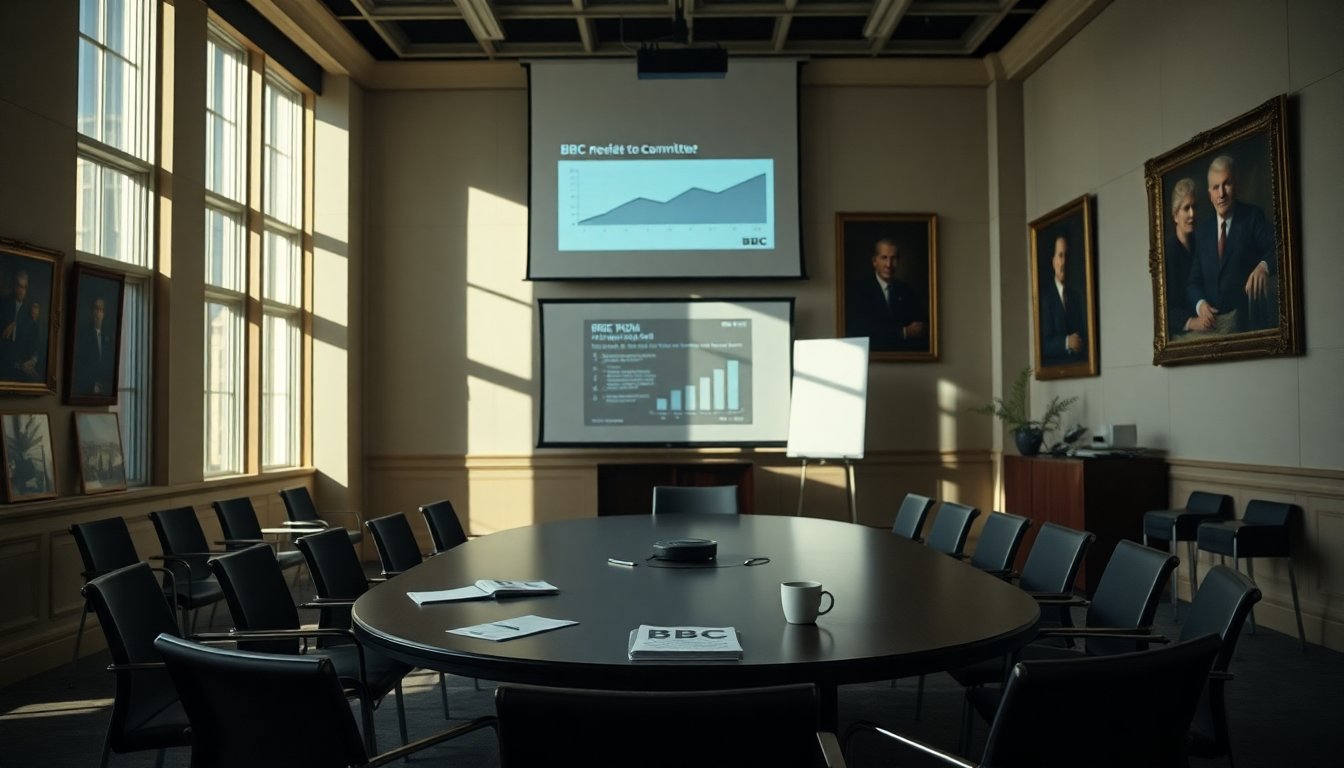Table of Contents
The controversy surrounding the BBC’s edit of a speech by former U.S. President Donald Trump has sparked significant criticism and scrutiny. This incident has compelled the public broadcaster to address serious allegations of bias and has led to major leadership changes within the organization.
During a session with the U.K. Parliament’s Culture, Media and Sport Committee, the chairman of the BBC, Samir Shah, acknowledged the broadcaster’s delayed response to claims about the misleading edit. This admission follows the resignations of the director general and the head of news, intensifying the scrutiny on the institution.
Trump’s speech and the fallout
The controversy erupted following a leaked internal memo that criticized the BBC for its editorial choices in a documentary titled Trump: A Second Chance?. This documentary aired shortly before the U.S. presidential elections and featured a spliced version of Trump’s speech from January 6. The edit suggested that Trump was inciting his supporters to storm the Capitol, a claim that has generated heated debate.
Shah expressed regret over the timing of the BBC’s response, stating, “I think there’s an issue about how quickly we respond… We should have pursued it to the end and got to the bottom of it.” His reflections highlight the internal struggle within the BBC to maintain its impartiality while managing public perception.
Allegations of bias and leadership challenges
The leaked memo, authored by former external adviser Michael Prescott, pointed to several instances of perceived bias in the BBC’s reporting, particularly regarding transgender issues, Gaza, and race relations. Prescott’s observations have raised concerns about the organization’s editorial direction and its commitment to the principles of impartiality expected from publicly funded broadcasters.
In light of these allegations, Robbie Gibb, a non-executive director on the BBC board, has faced intense criticism due to his previous role as director of communications for the Conservative government. Critics argue that he has fostered an environment that undermines the BBC’s neutrality. However, Gibb has strongly denied these claims, calling them a distraction from the real issues at hand.
Reactions and implications for the BBC
The fallout from the Trump speech edit has prompted internal resignations and calls for a comprehensive review of the BBC’s editorial guidelines. In a letter to staff, Shah outlined plans to reassess the BBC’s Editorial Guidelines and Standards Committee, emphasizing the need for transparency and trust in the organization’s reporting.
Furthermore, the BBC has initiated a search for a new director-general. This position carries immense responsibility in navigating the current crisis, and the job description highlights the need for a candidate with integrity, resilience, and exceptional communication skills—qualities essential for restoring faith in the BBC’s commitment to impartiality.
Legal challenges and future steps
As the situation unfolds, the potential for legal action looms large. Trump has threatened to file a billion-dollar lawsuit against the BBC, claiming defamation due to the implications of the edited speech. Legal experts suggest that pursuing such a case in the U.K. or the U.S. could pose significant challenges for Trump, particularly given the BBC’s public funding model and charter that obligate it to uphold impartiality.
In response to the escalating crisis, the BBC has emphasized that it did not defame Trump and stands by the integrity of its reporting. As the organization navigates this turbulent period, the outcomes of its internal reviews and leadership changes will be critical in shaping its path forward.


